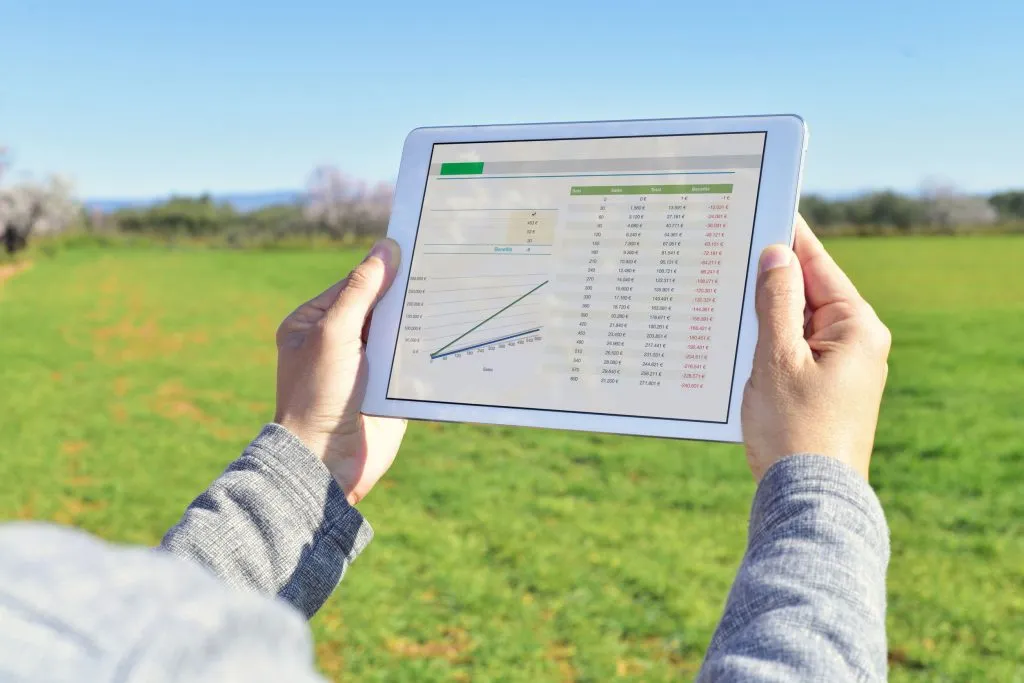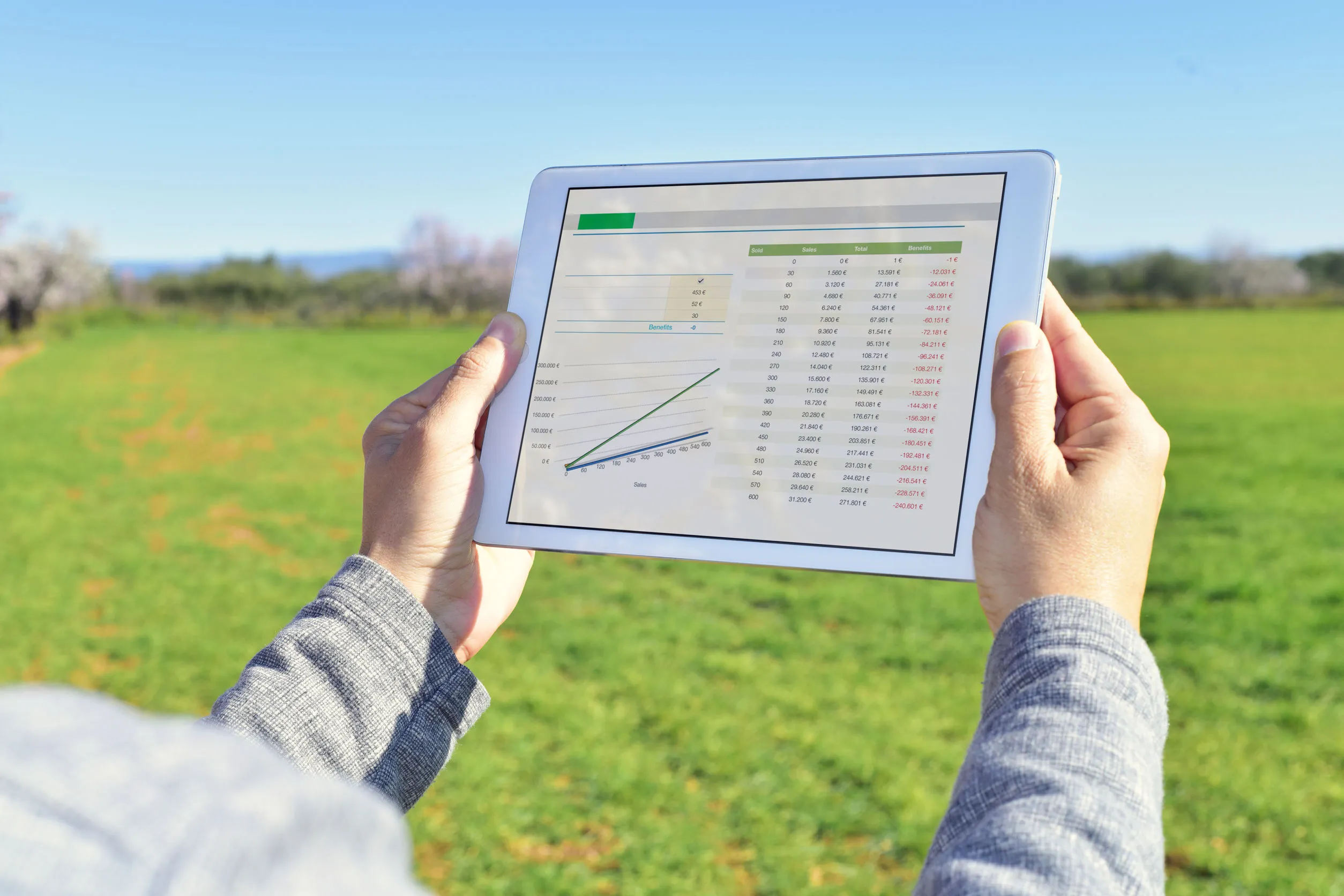Top 5 Highest Paying Careers in Agriculture
When we think of agricultural jobs, many of us imagine a worker in a field riding a tractor in the blazing sun; however, there are dozens of agricultural jobs that are not quite like this at all, and many of them pay very good salaries. Agricultural jobs differ greatly, and having some education and experience in the field can open countless doors for you professionally. If you love science and agriculture (plus a stellar paycheck), the following highest paying agriculture careers may be right for you.

Agricultural Attorney
The agriculture industry is quite heavily regulated compared to others, which means legal disputes and actions are taken quite often. Therefore, agricultural attorneys are in high demand and can make around $150,000 or more a year in certain areas. Just a few topics agricultural attorneys deal with are pesticide usage, land layouts, workplace disputes, and environmental matters. Of course, attorneys are normally also needed in corporate negotiations and partnerships, which include transactions between both small agribusiness ventures and huge, multi-million dollar organizations.
Agricultural attorneys have knowledge in much more than just agribusiness, though; instead, they also have advanced knowledge of local, state, and federal regulations as well as laws regarding both domestic and international trade. They know the overlaps and divides between regulations and landowners’ rights, and they can be retained for help in zoning disputes, breach of contract allegations, labor union lawsuits, and even allegations of fraudulent packaging or labeling of goods. Agricultural attorneys also assist farmers and landowners with obtaining all types of licenses and permits.
Agricultural Economist
If you’re good with numbers and an enthusiast when it comes to economics, working as an agricultural economist may be for you. While this career oftentimes requires having more of an educational background due to the sophisticated mathematical demands coupled with knowledge of the economy, this position allows you to do a wide range of things such as analyze data regarding supply and demand of agricultural goods, find patterns in economic activity, and research market activity to advise clients on business matters.
You may also study agricultural policies, food science, commodity exchanges, and much more to provide consultations with corporations, small business owners, and farmers to help them succeed. Many agricultural economists pick a specialty and stick with it, which sometimes consists of conducting research experiments and thorough reviews of peer reviewed journals. Well-established agricultural economists may even testify at congressional hearings and certain civil and criminal trials, and others can assist in developing economic policies and laws. While the opportunities in the field are vast, on average, agricultural economists can make around $104,000 a year.
Agricultural/Environmental Engineer
It comes as no surprise that the environment affects agriculture in a huge way. If the environment cannot sustain the growth and thriving of certain crops or plants, nothing useful will be produced. Engineers come into play in the agricultural realm because they utilize scientific methods and analysis to determine what can be done to improve conditions that will make crops and plants grow and survive. They are able to use their advanced engineering savvy regularly, as they have to combine knowledge of civil, electronic, and mechanical engineering. This, of course, will include analysis of soil, trees, pollution, and weather patterns that affect farmers’ success.
Agricultural engineers also find solutions to power and electricity problems, determine what farming equipment and technology would be best for certain clients’ needs, and guide farmers and corporations on how they can make their operations more efficient and effective. Taking this a step further, some environmental engineers will go on to work for specialized realms such as the oil and gas industry. Agricultural and environmental engineers can make around $80,000 a year.
Livestock Veterinarian
If you love animals and agriculture, a career as a livestock veterinarian may be suitable for you. Of course, you will need to receive a Doctor of Veterinary Medicine Degree, but this can be extremely rewarding and beneficial to your future. Livestock vets deal with matters such as routine checkups, herd checks, surgeries, and medication dispensing. They also assist with births and normally get to travel a lot, seeing as they go from farm to farm caring for the animals.
Not only do livestock vets get to spend time with animals and assist them medically, they can also provide consults for farmers and owners to give advice on feeding, breeding, and behavioral matters in regard to the animals. Many livestock vets are also consulted for guidance on ways to improve the living conditions for their animals, which could include the designs of barns and pens. Depending on where you work and which organization you work for (or if you are a private vet), you could make upwards of $150,000 a year. Seeing as animals are not going to become obsolete anytime soon, job security for a livestock veterinarian is fortunately quite solid.
Food Scientist
Another agriculture job that can bring your financial stability is that of a food scientist. Job stability is about as good as a livestock veterinarian, seeing as humans and animals undoubtedly have to eat. Food science is much more than just analyzing nutrition in certain items; instead, it also includes other scientific fields such as chemistry, microbiology and engineering. Food scientists are tasked with finding ways to prevent food degradation and make sure that consumers are receiving safe products.
Not only do food scientists analyze the physical and chemical makeup of different foods, they also determine what the safest handling and packaging for it is. Many food scientists work a lot with research and development (R&D) to develop ways of packaging, handling, and preserving foods, whereas others may conduct safety assessments of factories and other food-processing locations. A food scientist can bring in around $80,000 or more annually.
Agriculture Careers Can Pay Very Well
Working in agriculture doesn’t mean you have to work in a field; instead, there are many agriculture careers in a lab or office that pay very well and allow you to use specialized agricultural knowledge. Agriculture executive recruiting firms can help you find these five high paying careers and others.





